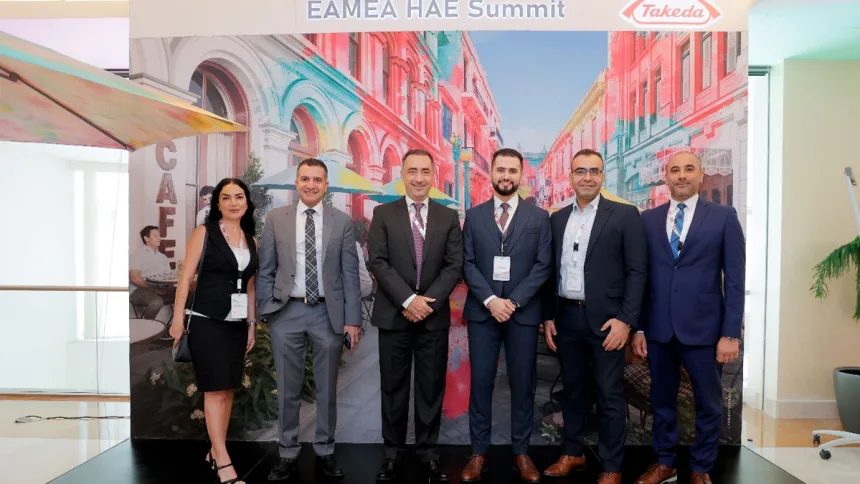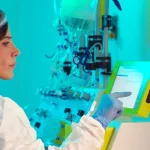Dubai, UAE– December 2024- Global biopharmaceutical company Takeda recently hosted the event “Innovation and Hope: Connecting Minds to Transform HAE Patient Care” in the region, uniting healthcare professionals to discuss innovative therapies and collaborative strategies for managing Hereditary Angioedema (HAE) in the Middle East.
Hereditary Angioedema (HAE) is a rare genetic disorder affecting approximately 1 in 50,000 individuals worldwide. It is characterized by recurrent episodes of swelling in various parts of the body, including the face, neck, and throat. Symptoms can be unpredictable and may occur at any age and swelling of the upper airways can be particularly dangerous and may lead to fatal asphyxiation. HAE attacks can last up to 5 days and may spread to another location before resolving, and can be triggered by factors such as stress, injuries, hormonal changes, and dental procedures. Symptoms typically worsen over the first 24 hours and subside over the next 48–72 hours. These unpredictable symptoms can lead to severe complications, making timely diagnosis and treatment crucial.
To address the gaps in HAE diagnosis and treatment in the UAE, the event showcased leading HAE healthcare experts from the region through a series of plenary sessions and panel discussions.
Also Read : Medlab Middle East 2025 to spotlight the rise of patient-centric healthcare
“We take pride in bringing together healthcare professionals and patient advocates for ‘Innovation and Hope: Connecting Minds to Transform HAE Patient Care’. It highlighted our commitment to enhancing the diagnosis and treatment of Hereditary Angioedema in the UAE. Through fostering collaboration and sharing advancements in care, we aim to improve health outcomes for patients and their families,” said, Ahmed Fayed, General Manager, Takeda East Gulf and Levant Cluster
Professor Mohamed Abuzakouk, Consultant in Clinical Immunology and Allergy and Chairman of the Gulf Academy Conference on Allergy and Clinical Immunology 2025, Abu Dhabi, UAE, stated, “The management of Hereditary Angioedema continues to evolve with events like these, and the collaboration between healthcare professionals, researchers, and patient advocates is crucial for improving patient care. By embracing advanced treatment options, we are offering hope to patients and their families, enabling them to live healthier, more stable lives without the constant fear of debilitating attacks.”



















